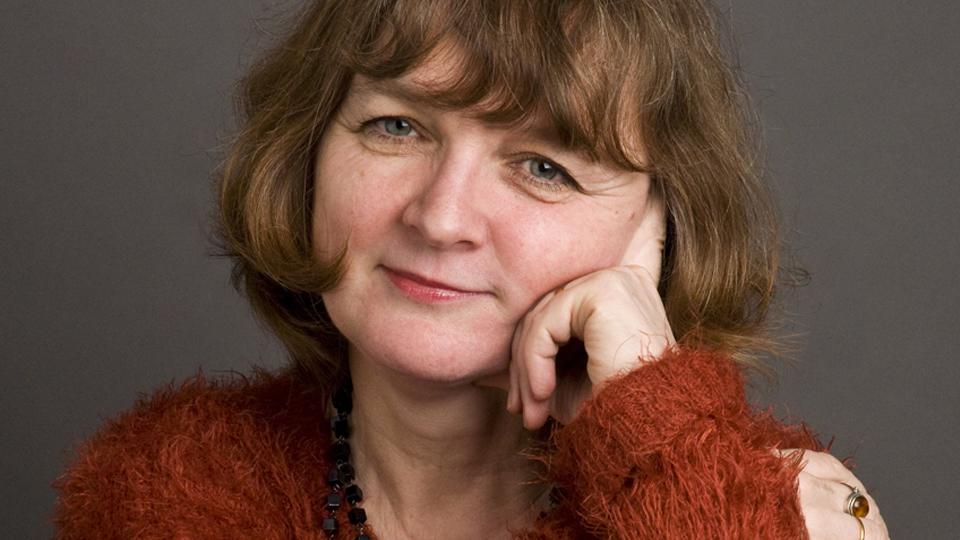Goldsmiths student contributes to UNESCO report
Primary page content
Sara Whyatt, a student on the MA in Cultural Policy, Relations and Diplomacy, was a speaker at the event launching the UNESCO 2018 Convention report in Paris on 16 December 2017.

Sara Whyatt
Sara is an established consultant and previously worked as a Former Director of PEN International’s freedom of expression programme for over 20 years, and as a coordinator in Amnesty International’s Asia Research Department. She has also worked on projects for Freemuse, Culture Action Europe, PEN, and the International Freedom of Expression Exchange (IFEX).
I spoke to her about her work on the UNESCO 2018 Convention report, how her degree contributes to the work she does outside her studies, and the ways in which studying at Goldsmiths has inspired her.
Iman Mohamed: How did you contribute to the UNESCO 2018 Convention report and launch?
Sara Whyatt: I was invited to research and write the chapter of the report on freedom of artistic expression, bringing my experience of working on promoting global freedom of expression, and more recently seeing how human rights principles can be brought into the field of arts and culture. So the chapter looks at what kind of threats artists face globally in the practice of their creativity, with a focus on legislation that dampens artistic freedom, and the growth of advocacy on behalf of artists, among other issues. Artistic freedom is a new area of exploration in the Convention so I was one of four experts who had contributed to the report to be invited to speak at the report’s launch in Paris in December. The other experts covered artists’ mobility, civil society in the cultural sector and on how the Convention is being implemented by States. It was a shame that not all the 10 authors could be there to speak on their chapters.
IM: What made you choose the MA Cultural Policy, Relations and Diplomacy course at Goldsmiths?
SW: I found that I was increasingly being asked to take part in projects linking global human rights advocacy to artistic freedom and felt I needed to have a have a better understanding of cultural policy, particularly as it is applied in international relations, to strengthen my work in this area. Goldsmiths’ cultural diplomacy MA fits this perfectly. Added to this, I have very good memories of my time here studying for my BA some years ago and liked the idea of returning to such a vibrant and exciting environment.
IM: How do you feel the course impacts or influences the work that you do outside of your study?
SW: Just one term into my studies, I feel I am just at the beginning, but already I’ve gained insights and different perspectives to my work, and not just by having the opportunity to step back and spend time that in my normal day-to-day I am not able to give. Being with other students who are looking at different aspects of Cultural Diplomacy, and who come from different countries and with perspectives is energising and inspiring. I have also enjoyed having access to great tutors and meeting with visiting experts. I was asked to give a seminar on my work for UNESCO to my fellow students, which was a first for me and a fantastic experience. In turn I am hoping to engage Goldsmiths with the UNESCO Convention team in future.
IM: What do you hope further study at Goldsmiths will help you achieve in your career?
SW: As a mature student who has already had a fascinating, rewarding career and who recently has turned freelance, my goal is to enhance and enrich my work as a consultant, to be better able to bridge the worlds of human rights and arts. I have always been involved with and surrounded by artists and my wish is to find ways to help them to withstand political pressures and to defend their rights to artistic freedom which right now is under considerable strain world-wide.